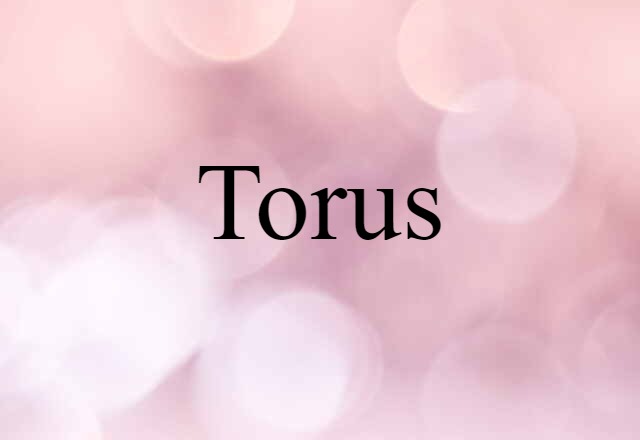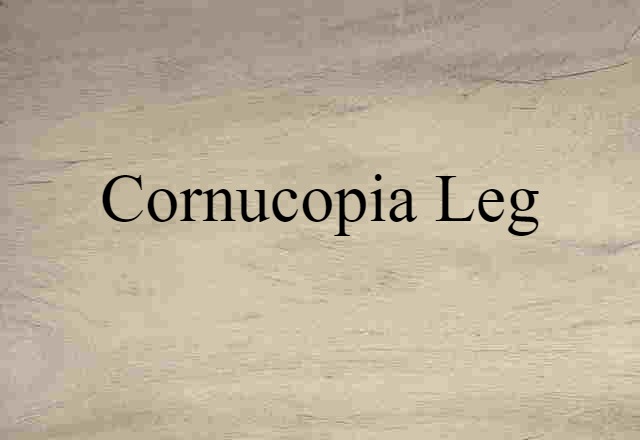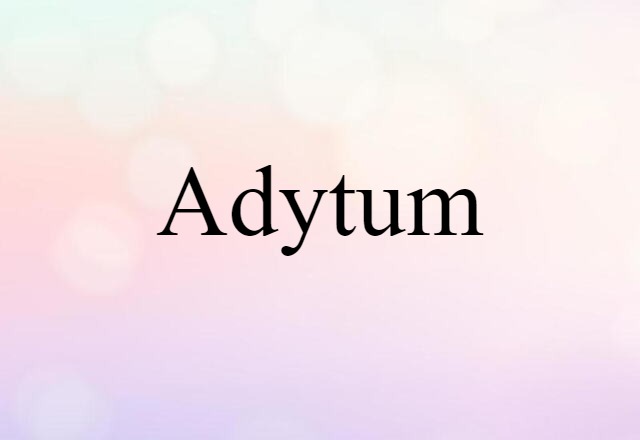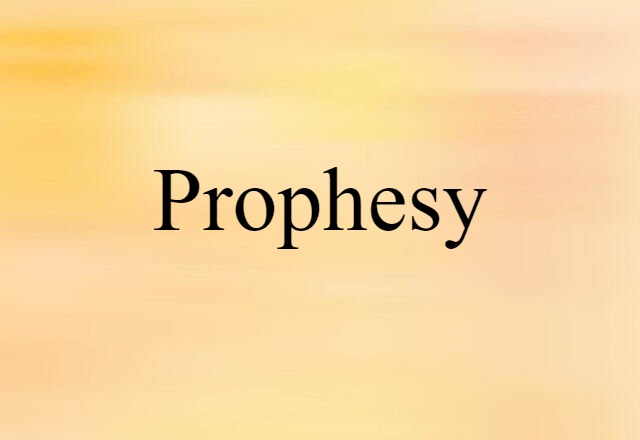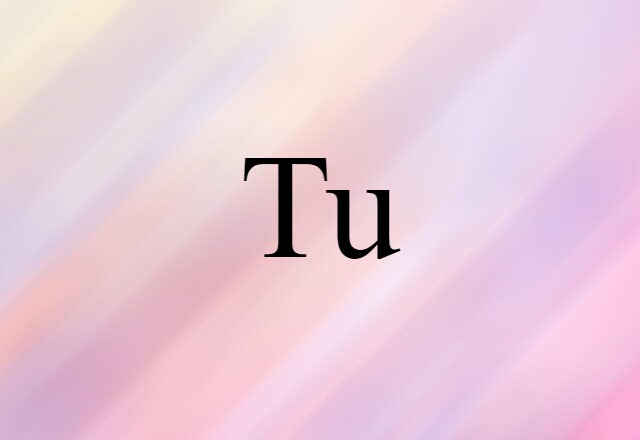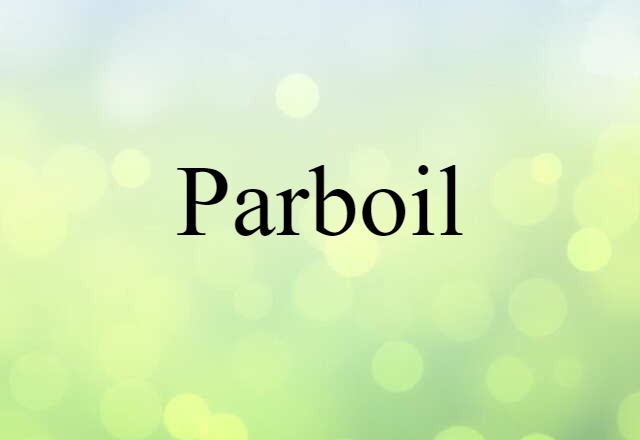- a large convex molding, more or less semicircular in profile, commonly forming the lowest molding of the base of a column, directly above the plinth, sometimes occurring as one of a pair separated by a scotia and fillets.
- Geometry.
- a doughnut-shaped surface generated by the revolution of a conic section, especially a circle, about an exterior line lying in its plane.
- the solid enclosed by such a surface.
- Botany.
- the receptacle of a flower.
- a thickening of the wall membrane in the bordered pits occurring in the tracheid cells of the wood of many conifers.
- a rounded ridge; a protuberant part.
- a large convex moulding approximately semicircular in cross section, esp one used on the base of a classical column
- a ring-shaped surface generated by rotating a circle about a coplanar line that does not intersect the circle. Area: 4π² Rr; volume: 2π² Rr ², where r is the radius of the circle and R is the distance from the line to the centre of the circle
- botany another name for receptacle (def. 2)
- a ridge, fold, or similar linear elevation
- a dense ring of gas and dust which surrounds a dying star, containing most of the star's ejected gas
